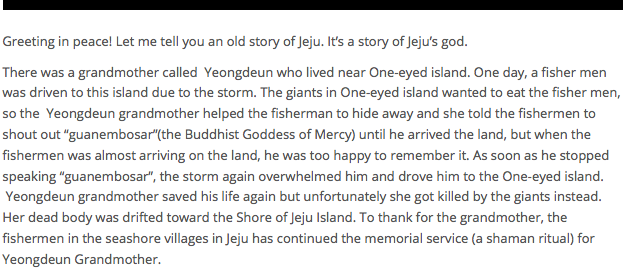
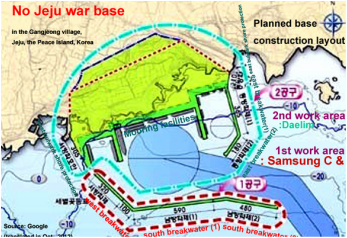
-----
At first glance, Jeju Island is not remarkable as an island. But when in 2013, our network, Peace for Life held the People's Forum on Jeju, assembled at GangJeong village, I was transfixed by the counter-assemblages of the construction of the naval base and resistance to this.
Jeju Island is South Korea's tourist island and also named an island of peace after a disastrous massacre of 10 percent of its population -- 30,000 women, children, and elderly people were shot down and villages were burned -- after a revolt in 1948. The assault was conducted by a rightist regime with the cooperation of occupying US military. If the Jeju tourist trade requires some amnesia of this catastrophe, it also needs blinkers for this return to militarization.
This January, 2016 the South Korean government opened their new deep water naval base at the southernmost part, displacing the sleepy Gangjeong Village. The Joon Gang Daily calls this new base, “the spearhead of the country’s defense line." The base already hosts US Aegis missile destroyers, aircraft carriers, nuclear submarines. The government had lost two other sites due to citizen resistance and they were not going to be deflected again. If you look on a map, you can understand the strategic location. This Catholic comic, sets up the story.
In Vibrant Matter, Bennett argues along with others that we need a political economy of things, that "thing power" offers a new ethical imperative. We need to discard the subject-object relationship of humans to nonhuman others.. If we understand assemblage as a mix of human-object actants, and that smaller parts make up the larger, we move away from a human-object binary to a more enmeshed system of action. We are constituted by multiplicities – colonies of life forms make up our biome, our bone, ideas lodged in gray mushy matter, nerve trackings. The smallest things have dangerous power: memes, pixelated surveillance maps, the fine flour of eucharist host, the sonorous bell of awakening.
Why does this matter in the case of Jeju Island? Because this is a trans-figuration, a dis-figurement in discourse and practice in a hypermilitarized zone. Note that above that the base opens with an "exercise," a praxis of dis-figuring.
If there is an assemblage of dis-figuration, this is it. Samsung's massive machines dredge the sea, destroying coral reefs and blast the Geurombi a kilometer-long porous volcanic shelf at the lip of the sea, displacing the human population for its naval operation. That Geurombi, the sacred rock shore, pourous and soft, destroyed. Everyone who referred to this were sad and wistful, as if about a passing friend. And deeper down, Bronze age artifacts unearthed.
There is an assemblage of story-telling. One might wonder whether the Jeju sacreds retrieved by the Gen X, Y & Z activists who have gathered to resist are contemporary bricolage of goddess, earth-tales, seawall, hegemon and loss. Those nature gods looked crippled and sad. One guide ushers us through a wooded area to a volcanic crop of rocks overlooking a bilious green stagnant pool. This is a sacred pool, they say. You wonder what they mean by that. Sacred should make a show for itself. It hasn’t rained, it’s lower than it’s ever been, and it used to be fresh. Some of us climb around on the rocks for a while. Then he takes us a few minutes the other way to a 1,000 year old tree. People come here to pray, he says. But that old tree doesn't have the face of devotion. She wears a saggy string of stained faded white and pink prayer flags, dusty candles stubs sunk in the busom of the tree. A few parts of the trunk plastered with cement. It sinks into the hard earth like crusty old elephant. Humph. Hard to feel the power of this place. I think: if there is a goddess power acting on this place, she's been denuded.
But Yeoungdeun the goddess has more storm in her than she first conveys. The navy didn't count on the wind. Wild typhoons whip this point each year. One left $35 in damages, ripping out the casings sunken into the seafloor to create a port for the submarines. They have to be rebuilt. Rock is blasted, coral shattered, red crab scuttled. So the transformation of coral bed to concrete slab offers just new forms of organic and inorganic- nuclear fuel, steel, casings, uranium - are also matters of meaning.
The convergence at GangJeong village brought together an assemblage of resistances – of people, police, priests, hosts, kayaks, water, coral, tree, rock, concrete, sea water, wind all acting against the construction of the base, and Samsung, US and Korean construction workers pushing against each other. Seven years. Four year without help, last three with activists, last two with Catholics. Skeletons of the massacre amidst tangerine orchards, a steady line of Chinese tourist buses passing a steady cluster of international, ecumenical, environmentalist, anti-militarist activists, Peace for Life among them.
So many went protests, arrests, incarcerations.
And also rituals of resistance. Each day: 7am 100 bows of gray-garbed monks and then at 11am, Fr. Moon's vigil Mass - wine, host and dancing at the construction site. If there was an collectivity of spiritual forces, it was palpable those mornings.
What next? Here, read Save Jeju Now.
- Under the instruction of the God of Life and of the Prince of Peace, Jesus Christ, we oppose the construction of the Naval Base in Jeju. This is the desperate desire of the residents of Gangjeong Village, who have lost their livelihoods, the decision of the Catholic Bishops’ Conference of Korea, and the unchanging wish of those citizens of Korea who love life and peace on earth.
- First of all, we want to know why the Naval Base has be constructed by destroying Korea’s cleanest and clearest ocean, around Jeju Island, while advertising the intent to protect the natural heritage of Jeju. While they boast of Jeju’s status as a preservation area, world natural heritage, and GEO park designated by UNESCO, and even they are internationally advertising that it be selected as one of the New 7 Wonders of Nature, they have blasted Gureombi Rock, a gift of nature, with explosives to construct a large-scale port for navy ships, and are attempting to build a concrete bank. This is the result of punishment incurred from uncontrolled greed and ignorance.
- The reason why we are against the construction of Naval Base starts from the illegality and non-democracy. The Government announced that they will respect opinions of residents, but this is not true. 725 residents participated in a survey on ‘Voting For or Against the Naval Base,’ and 680 (or 94%) of the total village residents are opposed to the construction of the Naval Base. Nevertheless, the Navy and Jeju government continued the construction and have suppressed the opposition of the residents with physical force.
- The Government insists that the Naval Base is necessary to deter North Korea’s provocations, protect our marine territory, and secure the ocean route and underwater resources. However, the substantial power to reduce conflicts between countries and maintain peace comes from neither military bases nor weapons, but from wise diplomacy pursuing co-existence and the level of policy and economy. This has been continuously proved throughout the history of the world.
- The moment the construction began, artifacts from the Bronze Age were excavated. So the National Assembly and the Cultural Heritage Administration suggested that the Navy stop the construction. However, the Navy disregarded the suggestion and continued with the blasting. We cannot understand why they are in a hurry, although this is not urgent matter. In particular, the violent power exercised by the Police reminds us of that terrible historical event, ‘The 4.3 Massacre.’ We declare that if these acts of violent suppression, arrests, and captivity are repeated, then we will rise against it with an even more powerful disobedience movement.
- Today we established the ‘Catholic Church Solidarity to Make Peace on Jeju Island’ according to the Gospels of Christ, which requests that we defend lives and peace, and we declare and require the following in the names of 4,567 Catholic priests and monks.
Declaration and Requests
- We oppose the construction of the Naval Base which threatens the peace of the Korean peninsula and Northeast Asia.
- The Government must fully revoke the plans to construct a Naval Base on Jeju, and politely apologize to the residents of Gangjeong Village and Jeju Island for the illegal means by which the location of the Naval Base was selected!
- The navy must immediately stop the construction according to the advice of the Cultural Heritage Administration, and actively cooperate in the excavation of cultural heritages.
- The National Assembly must cut the budget for the construction of the Naval Base on Jeju Island.
- The Government must consider the wounds of the residents of Jeju, worry about repeating the 4.3 massacre, and apologize for the misuse of the state power!
- The Government must make full efforts to restore the natural environment which was been seriously damaged by the construction!
The Committee of Justice & Peace Archdiocese of SEOUL / The Committee of Justice & Peace Archdiocese of DAEGU / The Committee of Justice & Peace Archdiocese of GWANGJU / The Committee of Justice & Peace Diocese of ANDONG / Justice & Peace Committee of BUSAN Diocese / The Committee of Justice & Peace Diocese CHEONGJU / The Committee of Justice & Peace Diocese of CHUNCHEON / The Committee of Justice & Peace Diocese of DAEJEON / The Committee of Justice & Peace Diocese of INCHEON / The Committee of Justice & Peace Diocese of JEJU / The Committee of Justice & Peace Diocese JEONJU / The Committee of Justice & Peace Diocese of MASAN / The Committee of Justice & Peace Diocese SUWON / The Committee of Justice & Peace Diocese of WONJU / The Solidarity of priest Diocese of UIJEONGBU / Association of Major Superiors of Women Religious in Korea / Korean Conference of Major Superiors of Men’s Religious Institutes and Societies of Apostilic Life
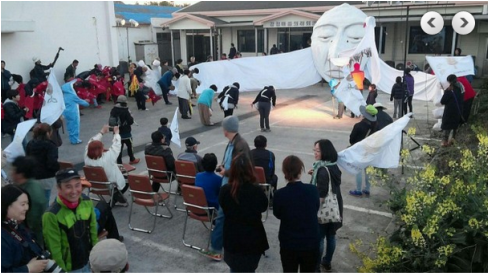
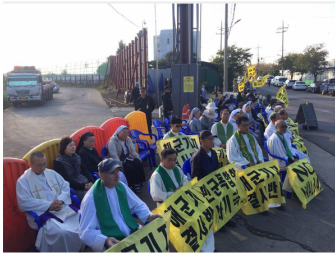

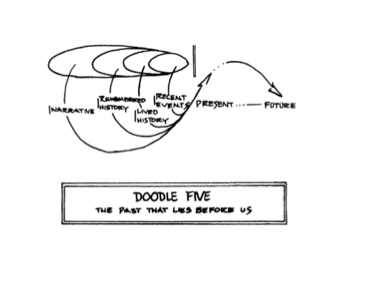
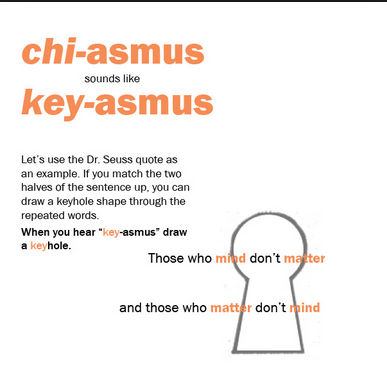
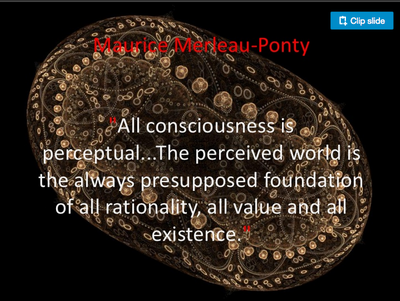
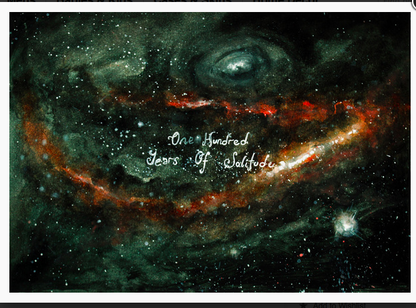
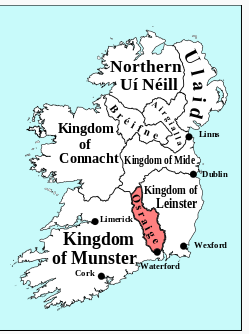


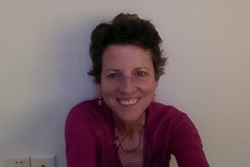
 RSS Feed
RSS Feed
